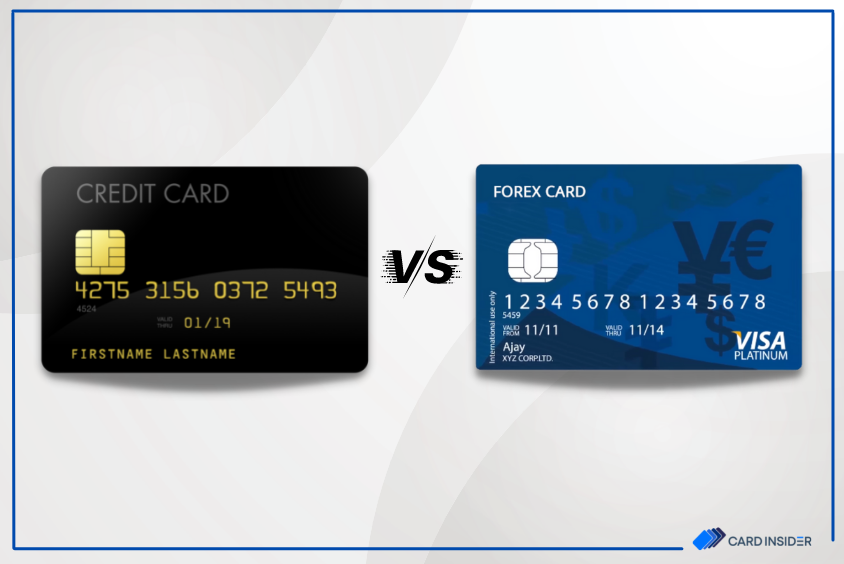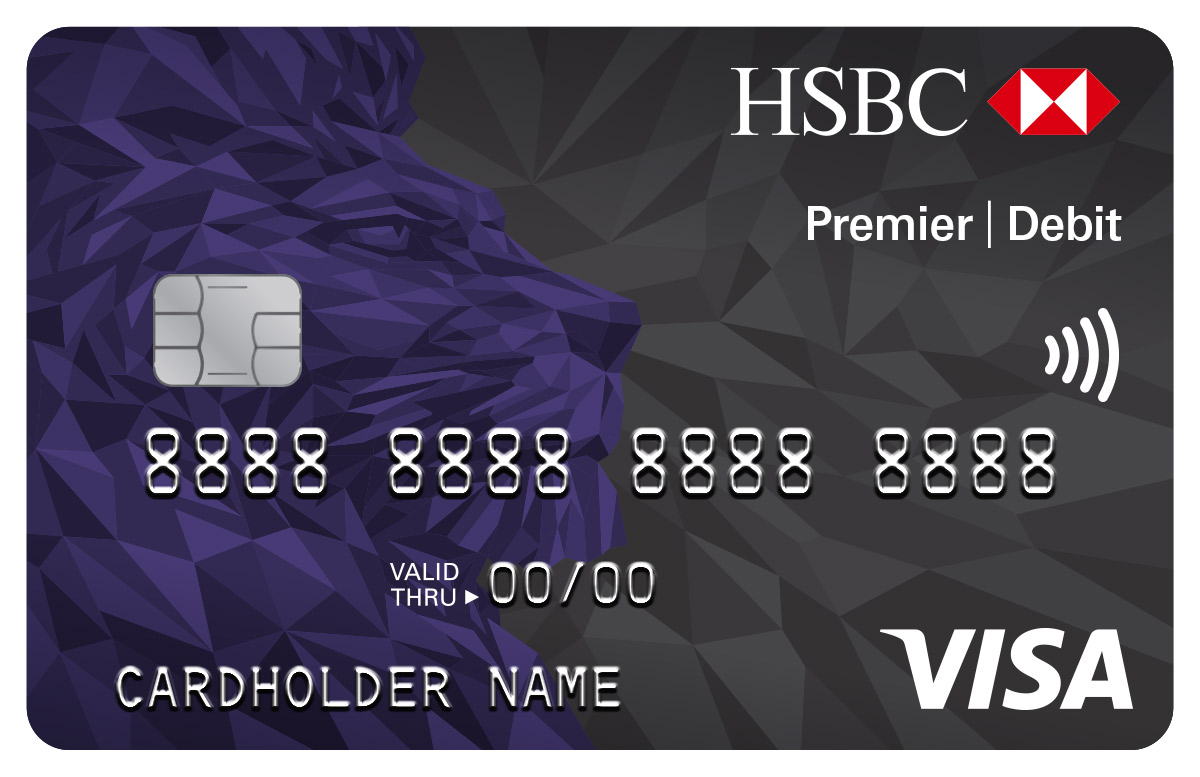Navigating the World of International Payments: Forex Cards vs. Debit Cards
In the globalized world of today, international travel and online purchases have become commonplace. However, managing finances across borders can be a daunting task. Forex cards and international debit cards offer convenient and secure solutions for handling foreign transactions but differ in their features and suitability for different needs.

Image: cardinsider.com
Forex cards, also known as currency cards, are prepaid cards specifically designed for travelers and those making international payments. They are typically loaded with multiple currencies, allowing users to lock in exchange rates and avoid conversion fees charged by other methods. Forex cards are widely accepted at ATMs and merchants worldwide, making them an ideal choice for accessing cash or making purchases abroad.
International debit cards, on the other hand, are linked to a bank account and can be used to make withdrawals, purchases, and other transactions both domestically and internationally. While they may be more convenient for everyday use, international debit cards can come with exchange rate markups and fees, potentially leading to higher transaction costs.
Choosing the Right Option: Forex Card vs. International Debit Card
The choice between a forex card and an international debit card depends on several factors:
1. Frequency of use: Forex cards are best suited for those who frequently travel or make frequent international purchases. The prepaid nature and locked-in exchange rates can provide significant savings over time.
2. Destination: Forex cards are particularly advantageous for travel to countries with highly volatile currencies. They can help reduce the impact of currency fluctuations and unexpected fees.
3. Spending habits: If you tend to make large purchases or withdraw substantial amounts of cash abroad, a forex card with higher withdrawal limits and lower fees is recommended.
4. Convenience: International debit cards offer the convenience of accessing funds directly from your bank account, making them suitable for general everyday use.Advantages and Disadvantages of Forex Cards and International Debit Cards
To help make an informed decision, let’s explore the benefits and drawbacks of each payment method:
Feature Forex Card International Debit Card Exchange rates and fees Locked-in rates with typically lower fees Variable rates and higher fees Convenience Wide acceptance at ATMs and merchants Can be used anywhere your bank operates Security Protected by chip-and-PIN technology Similar security measures as domestic debit cards Flexibility Can be loaded with multiple currencies Limited currency options Withdrawal limits and fees May have higher limits and lower fees Variable limits and fees Tips and Expert Advice for Using Forex Cards and Debit Cards Abroad
To maximize your international transactions experience, consider the following tips:
1. Compare exchange rates: Research and compare exchange rates offered by different forex card providers and banks to secure the most favorable terms.
2. Beware of hidden fees: Read the fine print carefully to avoid any unexpected charges, such as ATM withdrawal fees or inactivity fees.
3. Notify your bank and credit card companies: Inform your financial institutions about your travel plans to prevent your cards from being blocked due to suspected fraudulent activity.
4. Use ATMs wisely: Avoid using ATMs in remote or unfamiliar locations to minimize risk of card skimming or theft.
5. Monitor your transactions: Keep track of your expenses and check account statements regularly to detect any unauthorized activity.

Image: forexsmartscalperindicator.blogspot.comFrequently Asked Questions (FAQs) About Forex Cards and Debit Cards
- Can I use my forex card anywhere?
Yes, most forex cards are accepted globally at ATMs and merchants that display their logo.
- Is it safe to use my international debit card abroad?
Yes, international debit cards are secure and protected by chip-and-PIN technology. However, it’s still important to take precautions such as being aware of your surroundings and using ATMs in well-lit areas.
- Can I withdraw cash with my forex card?
Yes, forex cards typically allow cash withdrawals at ATMs and some currency exchange bureaus, although fees may apply.
- How do I load money onto my forex card?
You can load funds onto your forex card through your bank account, online portals, or mobile apps offered by the card provider.
Forex Card Vs International Debit Card
https://youtube.com/watch?v=vS8YrQTxZZ4
Conclusion
Understanding the nuances of forex cards and international debit cards is crucial for making informed decisions when transacting abroad. Forex cards offer cost savings and flexibility for frequent travelers, while international debit cards provide the convenience of accessing funds from your bank account. By considering the factors and advice outlined in this guide, you can choose the most suitable payment option to meet your individual needs and maximize your financial experience overseas.
Do you find Forex cards or International Debit cards more compelling? Feel free to share your thoughts and experiences in the comments below.






